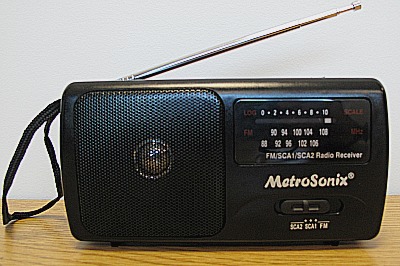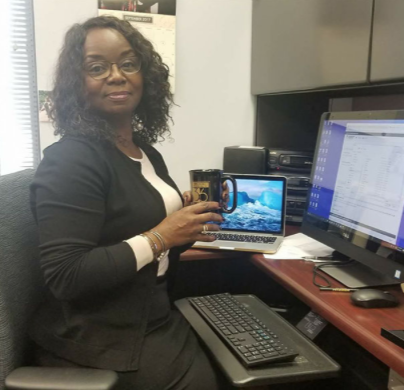System/Policy
Letter from the executive director: How should pubmedia respond to Trump’s attacks on the press?
At what point would public media speak out about threats to press freedom?PRI, PRX merge to form new organization
PRX's Kerri Hoffman will run the new organization, while PRI's Alisa Miller will move into a board leadership role.FCC’s proposed update to EBS rules prompts comments from public media
Some 50 public broadcasters hold licenses to use spectrum in the 2.5 GHz band for educational services and other purposes.Judge rules against Rhode Island PBS in dispute with engineers’ union
The ruling found RIPBS had violated labor law by refusing to recognize IBEW's representation.Paluzzi retires from KJZZ after investigation of harassment allegations
The longtime GM of the Phoenix station decried the report as retaliation against him for opposing new pay practices.More than 40 NPR employees join peer group to help with harassment issues
Speaking at a Freedom Forum Institute event Tuesday, members of a core organizing group described how they're vetting and training the volunteer ...KPBS joins stations scaling back reading services as digital alternatives expand
The station has ended locally produced readings from California newspapers, which relied on a part-time employee and more than 100 volunteers.WHYY efforts focus on increasing racial diversity of staff, audiences
WHYY is undertaking several projects to better understand itself and its audiences so that it can expand its reach to people of ...Fargo building poses problems for public broadcaster’s signal
The 18-story development will interfere with a Prairie Public Broadcasting transmitter.WBAI hip-hop host quits following Lopate hiring, Twitter quarrel
“This is incredibly painful, despite all their efforts to make the decision easier,” said host Jay Smooth.Phoenix’s KJZZ opens second bureau south of the border
The bureau's reporting aims to help listeners “better understand economic globalization and its impact on the Southwest.”New Jersey takes chance on unique effort to boost local news
Gov. Phil Murphy is poised to sign legislation to create a Civic Information Consortium by mid-August.Under new leadership, struggling Iowa station looks to reinvent itself to survive
KBBG aims to strengthen community support by refreshing its music mix and beefing up local reporting.Michigan station receives first public TV ATSC 3.0 license
The station will also create an innovation lab to explore ATSC 3.0 opportunities for public media.How MPR News covered the Keillor harassment story
Public radio news directors hear from colleagues and experts on preventing, and responding to, harassment in newsrooms.








